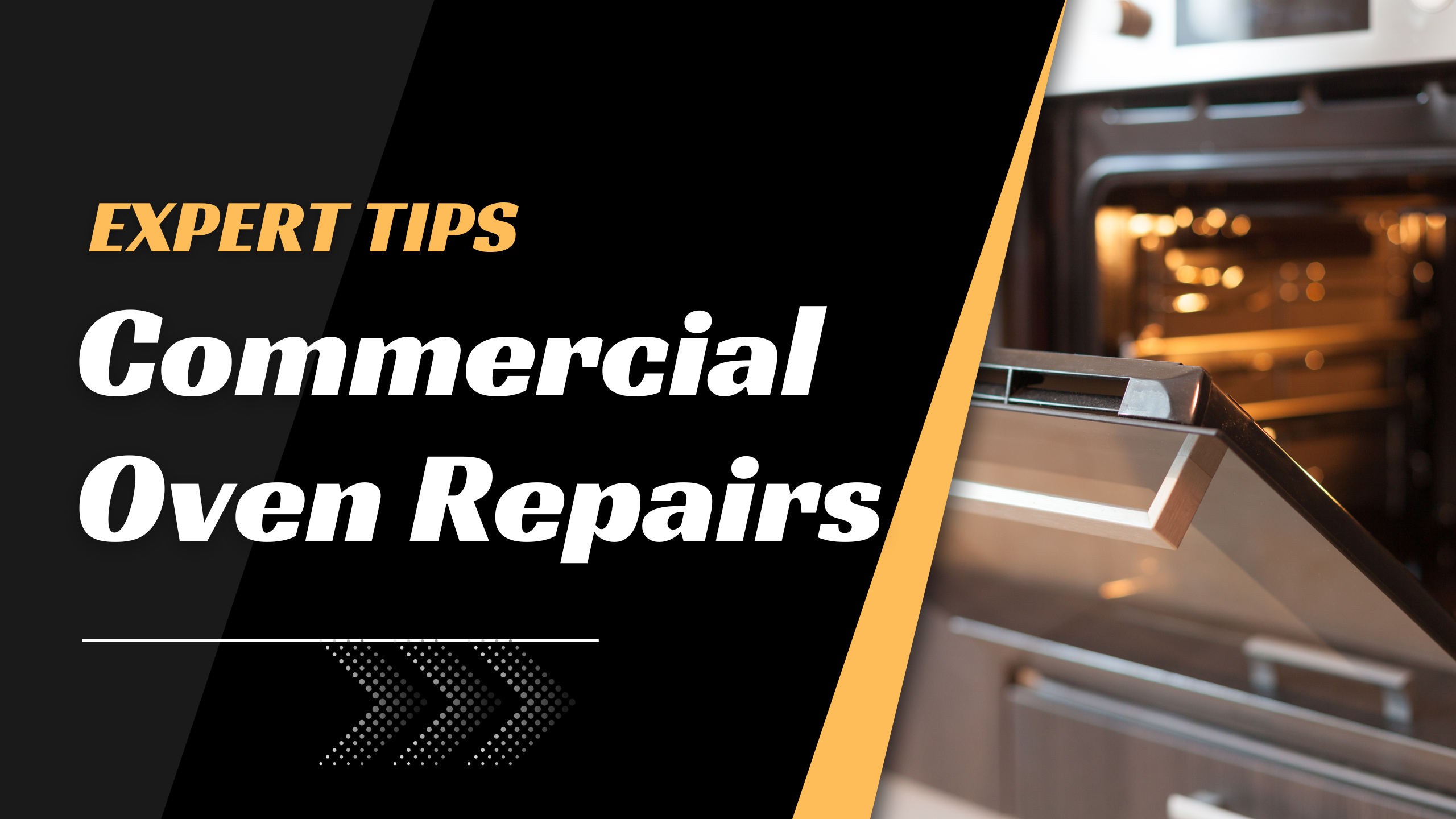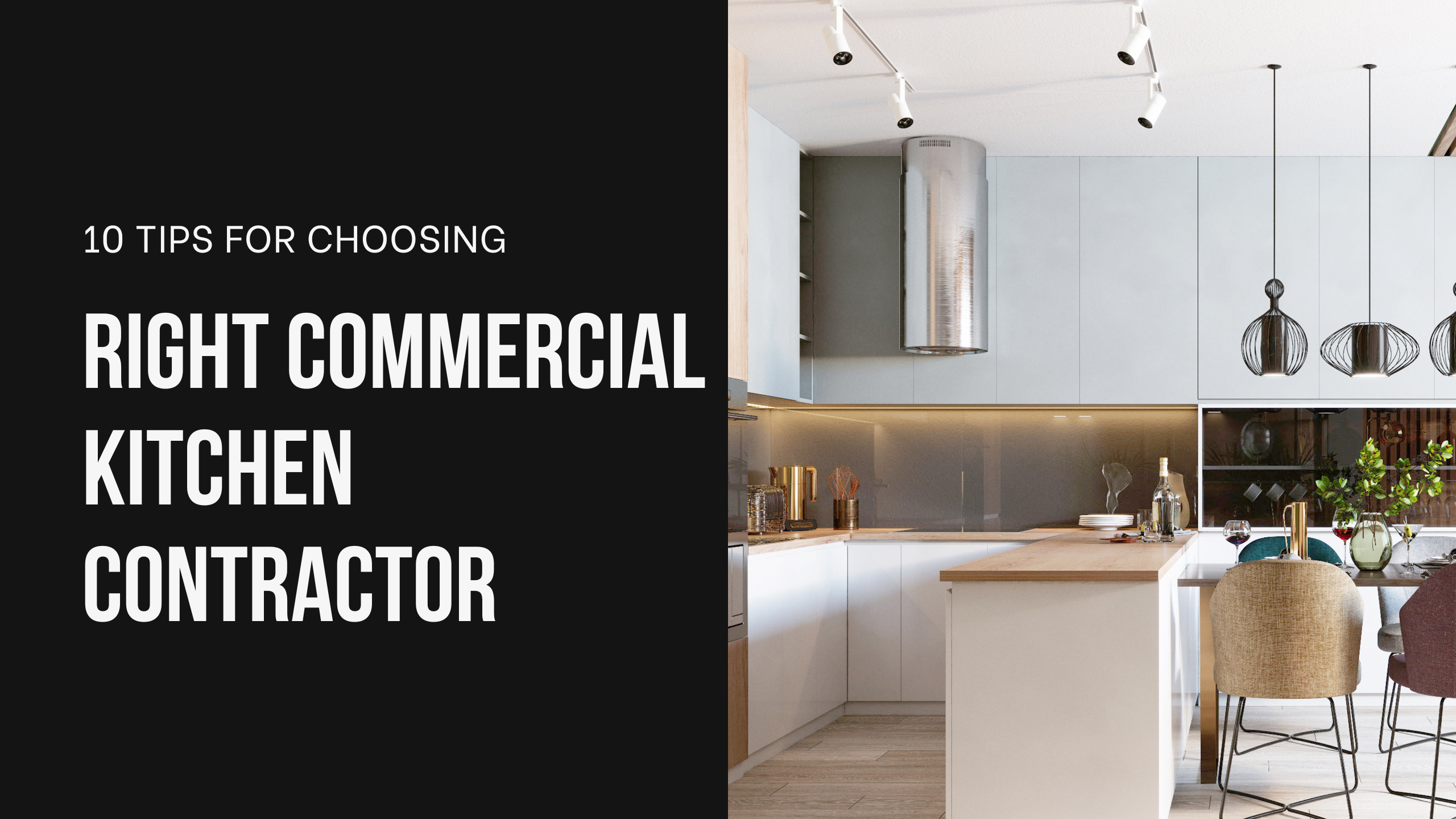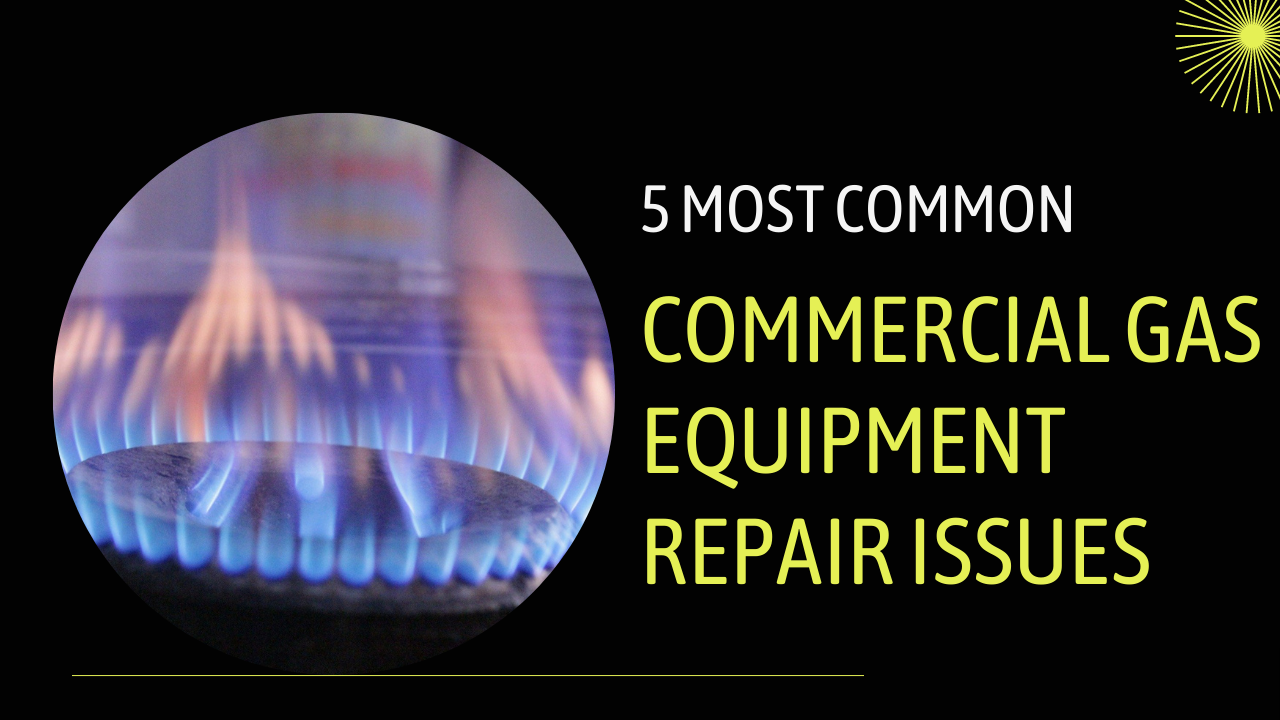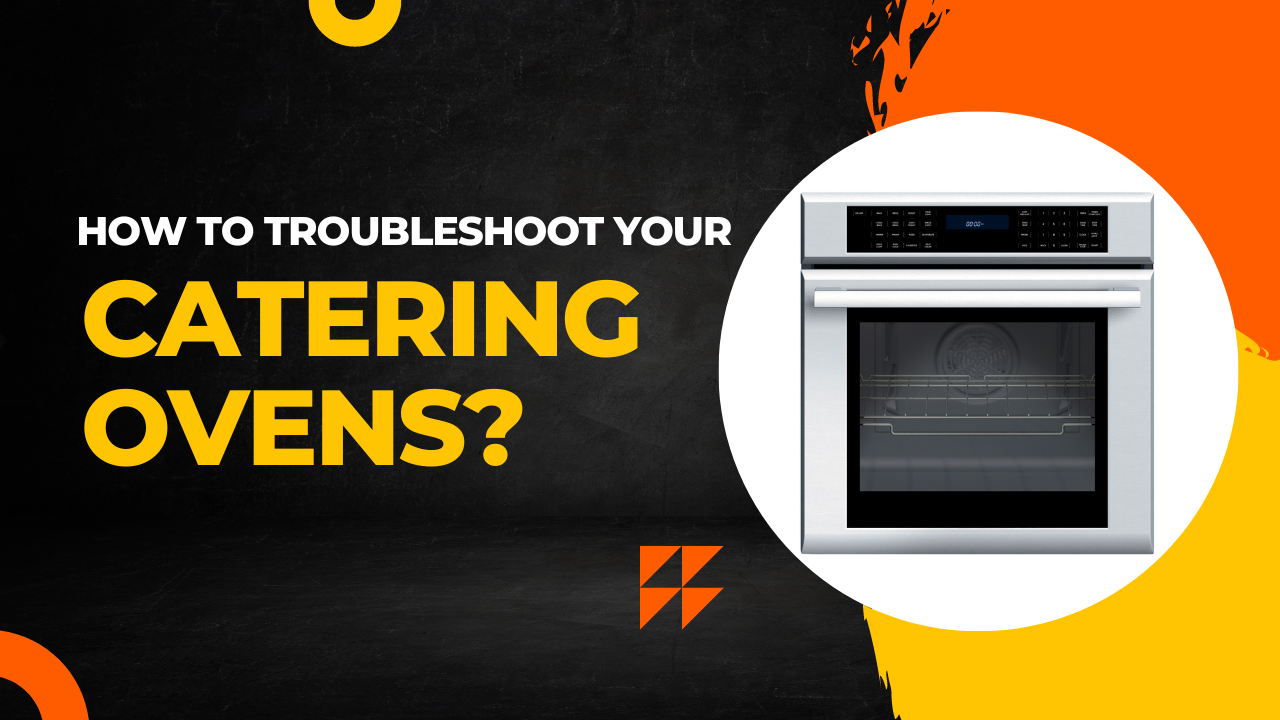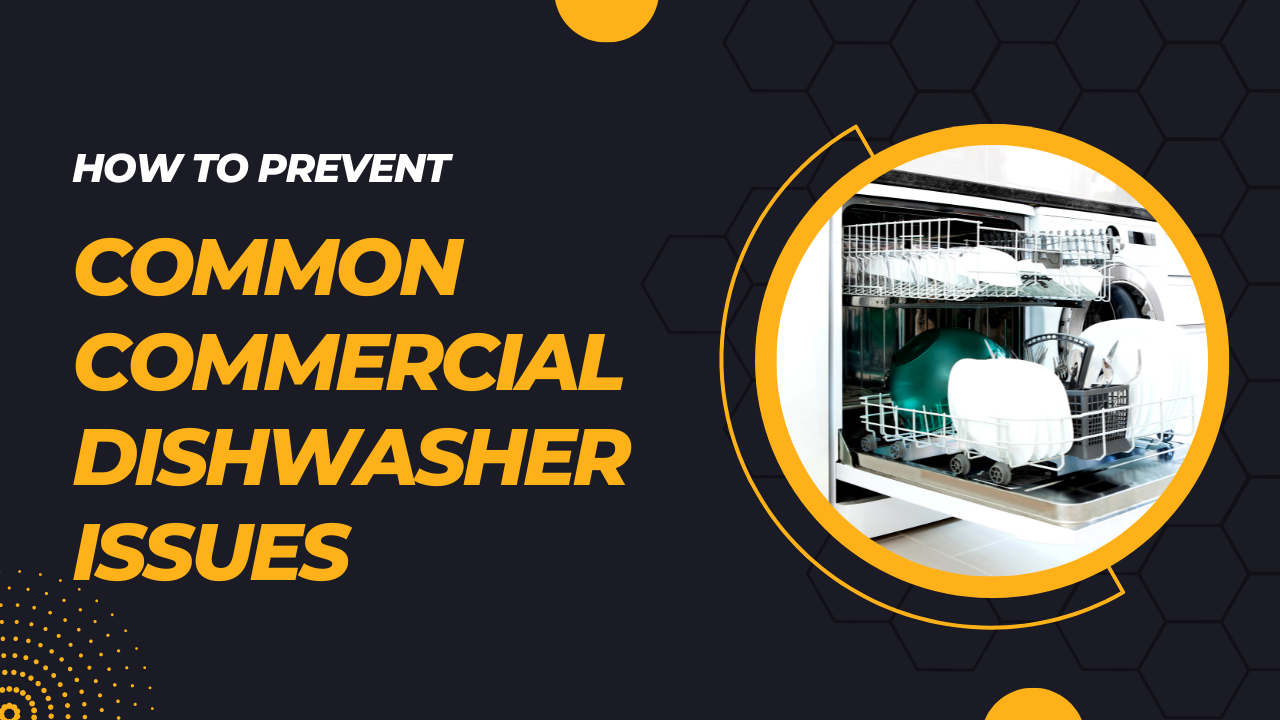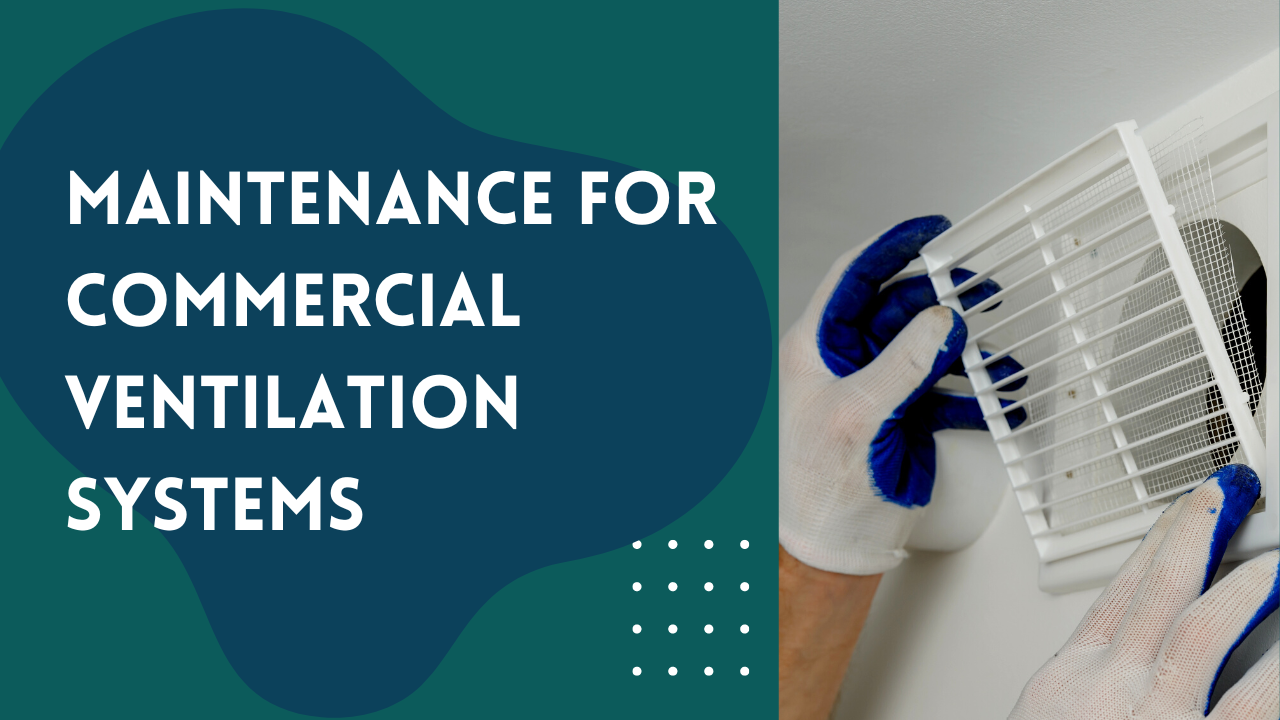The success of a restaurant relies on the smooth operation of its equipment and systems. When breakdowns occur, it is crucial to have a reliable restaurant repair company at your disposal. However, selecting the right repair service provider can be a daunting task.
This article aims to guide restaurant owners and managers through the process of choosing the ideal restaurant repair company. By considering key factors such as experience, expertise, reputation, responsiveness, and cost-effectiveness, you can make an informed decision and ensure the uninterrupted functioning of your restaurant’s crucial equipment.
How to Choose the Right Restaurant Repair Company?
Assessing Experience and Expertise
When seeking a restaurant repair company, evaluating their experience and expertise in the industry is essential. Look for a company that has been operating for several years, as it indicates stability and a proven track record of customer satisfaction.
Consider whether they specialize in repairing the specific equipment your restaurant relies on, such as refrigeration systems, cooking appliances, or HVAC units. A company with expertise in your particular area of need is more likely to deliver quality service efficiently.
Evaluating Reputation and References
Reputation plays a vital role in determining the reliability of a restaurant repair company. Research online reviews and testimonials from previous clients to gauge their overall reputation. Additionally, ask the company for references and contact their past clients to inquire about their experiences.
Pay attention to factors like punctuality, professionalism, and the ability to fix issues promptly. A reputable repair company should have a solid reputation built on trust and positive customer feedback.
Considering Responsiveness and Availability
In the restaurant industry, downtime due to equipment failures can result in significant revenue losses. Therefore, selecting a repair company that prioritizes responsiveness and offers timely service is crucial. Inquire about their availability, including their response time during emergencies or after-hours service requests.
A company with a quick turnaround time and a 24/7 emergency service will ensure minimal disruption to your restaurant’s operations.
Ensuring Proper Licensing and Insurance
Before finalizing your decision, ensure that the restaurant repair company holds the necessary licenses and insurance coverage. Proper licensing indicates that they comply with industry standards and have met the required qualifications.
Insurance coverage, such as liability insurance, protects the repair company and your restaurant in case of accidents or damages that may occur during repairs. Verifying these credentials provides peace of mind and safeguards against potential liabilities.
Assessing Cost-Effectiveness
While cost should not be the sole deciding factor, it is essential to evaluate the pricing structure of the repair company. Obtain detailed quotes from multiple service providers and compare their prices, ensuring transparency regarding any additional charges.
Be cautious of unusually low prices, as they may indicate subpar service or the use of inferior parts. Look for a company that offers competitive pricing while maintaining a high standard of workmanship. Consider the value they provide regarding expertise, reliability, and warranty options when assessing cost-effectiveness.
Checking Warranty and Maintenance Contracts
An excellent restaurant repair company should provide warranties on their repairs and offer maintenance contracts to ensure the longevity of the equipment. Inquire about their warranty policies, including the duration and coverage provided.
Also, ask if they offer preventive maintenance plans tailored to your equipment needs. Regular maintenance can help identify potential issues before they escalate, reducing the frequency of breakdowns and saving you money in the long run.
Considering Specialized Services and Equipment
Different restaurants have unique equipment and systems that require specialized repair services. Consider whether the repair company has experience working with the specific equipment used in your restaurant. For example, if you operate a high-end coffee shop, you may need a repair company specialising in espresso machines.
Similarly, if your restaurant has a complex ventilation system, look for a company with expertise in HVAC repairs. Choosing a repair company with experience handling your specific equipment ensures that they understand the intricacies and can provide effective and efficient repairs.
Evaluating Customer Service and Communication
Excellent customer service and clear communication are essential when working with a restaurant repair company. Pay attention to their responsiveness and professionalism during the initial inquiries and consultations.
A reliable company should be easy to reach and communicate with, providing updates on the progress of repairs and addressing any concerns promptly. Clear and transparent communication helps establish a strong working relationship and keeps you informed throughout the repair process.
Seeking Recommendations and Referrals
One of the most effective ways to find a reputable restaurant repair company is by seeking recommendations and referrals from industry peers or fellow restaurant owners. Reach out to other local establishments and inquire about their experiences with repair companies.
Ask about the quality of service, reliability, and overall satisfaction. Personal recommendations from trusted sources can provide valuable insights and help you narrow your options to your area’s most reputable and reliable repair companies.
Conducting On-Site Evaluations and Estimates
Before making a final decision, consider requesting on-site evaluations and estimates from a shortlist of repair companies. This allows them to assess the specific repair needs of your restaurant and provide accurate estimates for the required services.
On-site evaluations also allow you to interact with the repair technicians and gauge their professionalism, knowledge, and attention to detail. This firsthand experience can help you assess their capability to handle your repair requirements and make an informed decision based on their on-site evaluation and estimate quality.
Conclusion
Selecting the right restaurant repair company requires careful consideration of several factors. By assessing their experience, expertise, reputation, responsiveness, and cost-effectiveness, you can make an informed decision that aligns with your restaurant’s requirements. Remember to check their licensing and insurance credentials, ensuring the safety and legality of the repair services.
Finally, consider warranty options and maintenance contracts, as these contribute to your restaurant’s equipment’s long-term reliability and performance. With thorough research and evaluation, you can find a reputable repair company that helps keep your restaurant running smoothly.
Read Related: Expert Tips for Commercial Oven Repairs

 0800 644 2727
0800 644 2727

